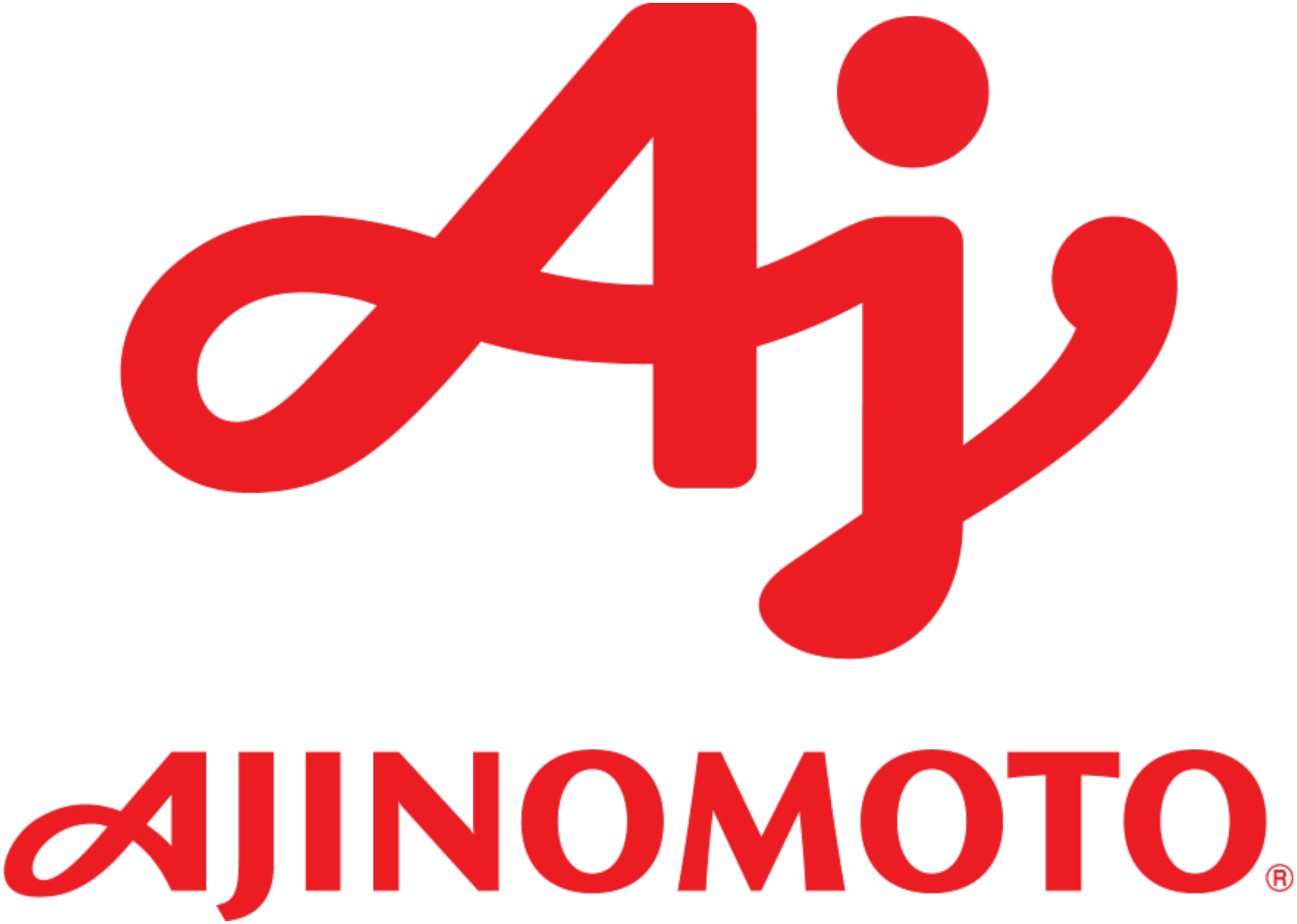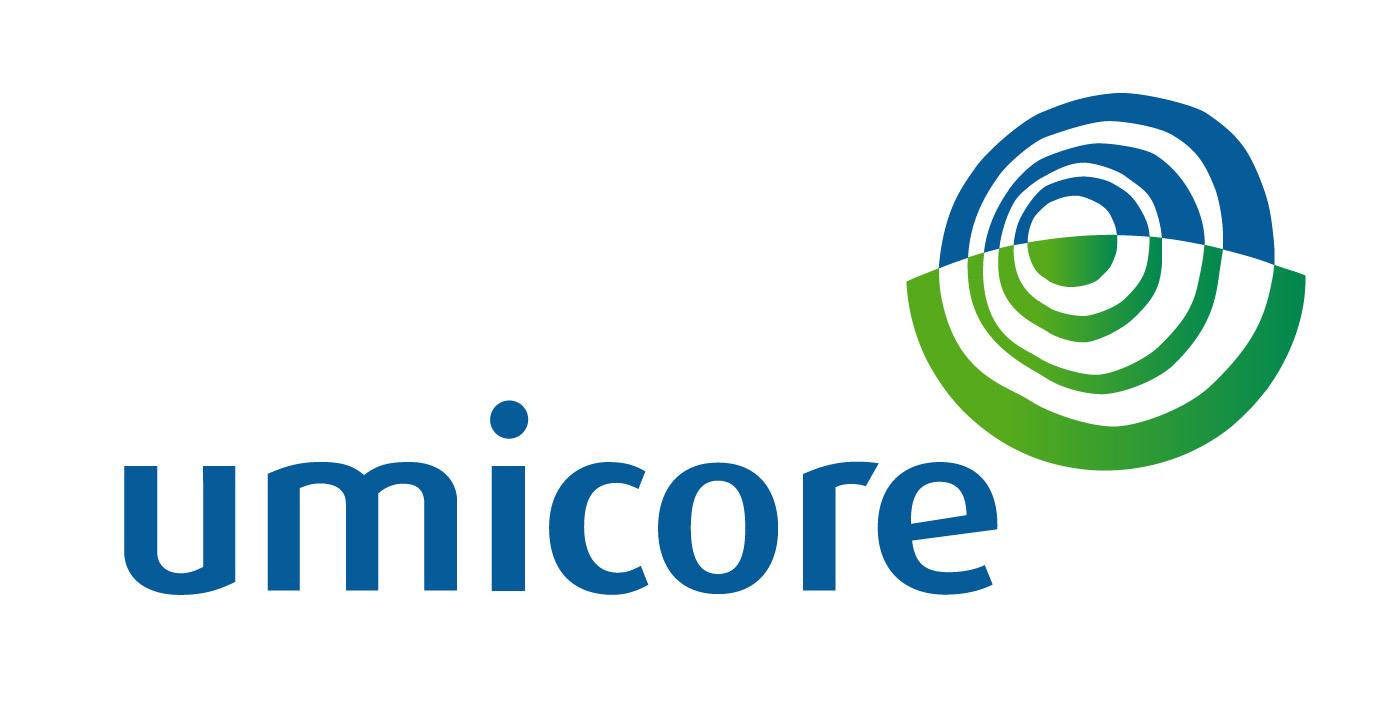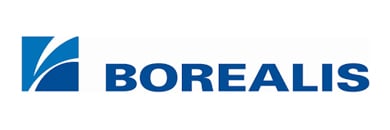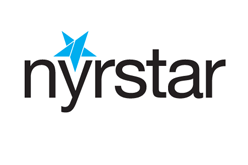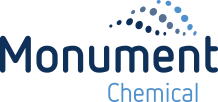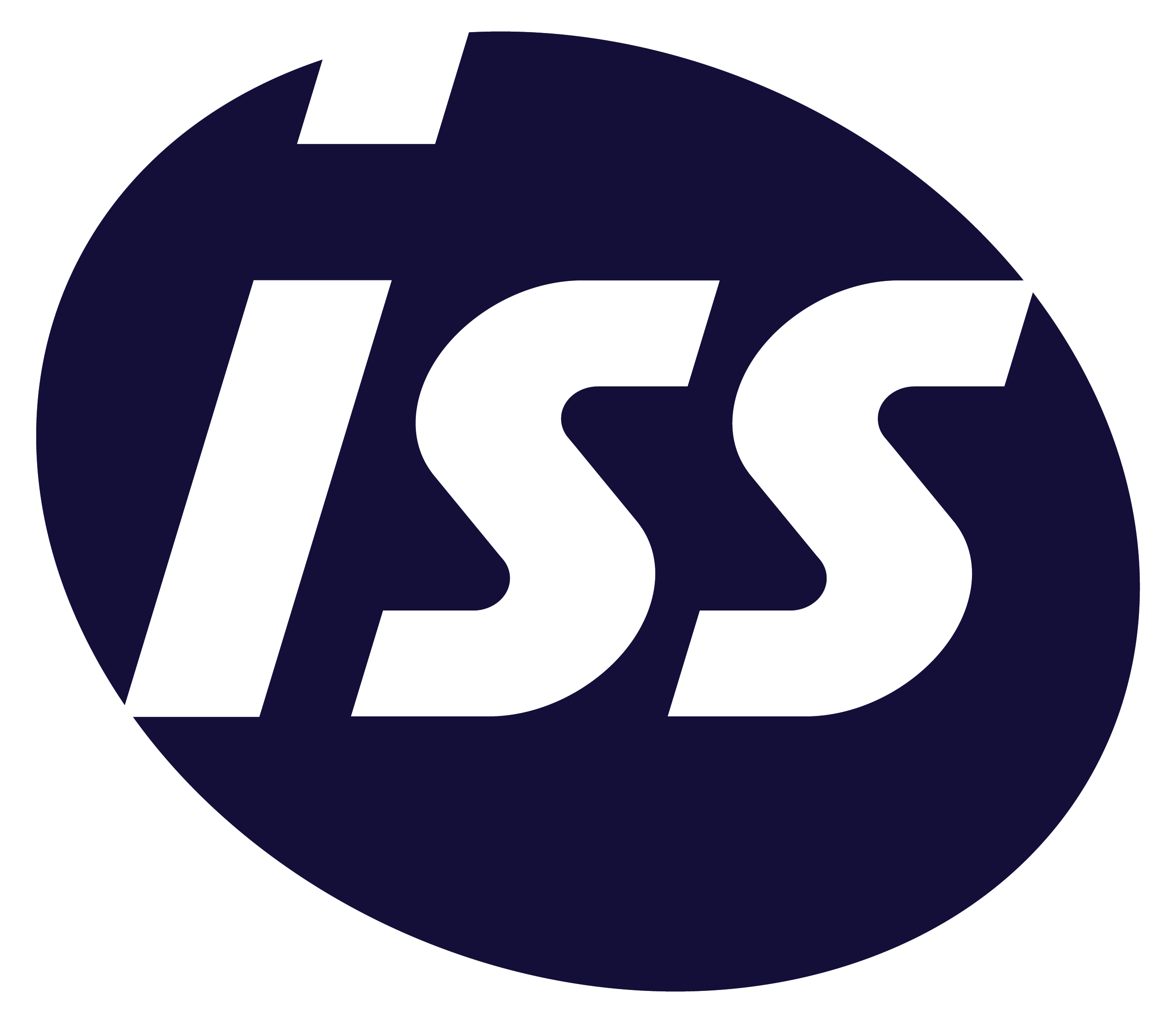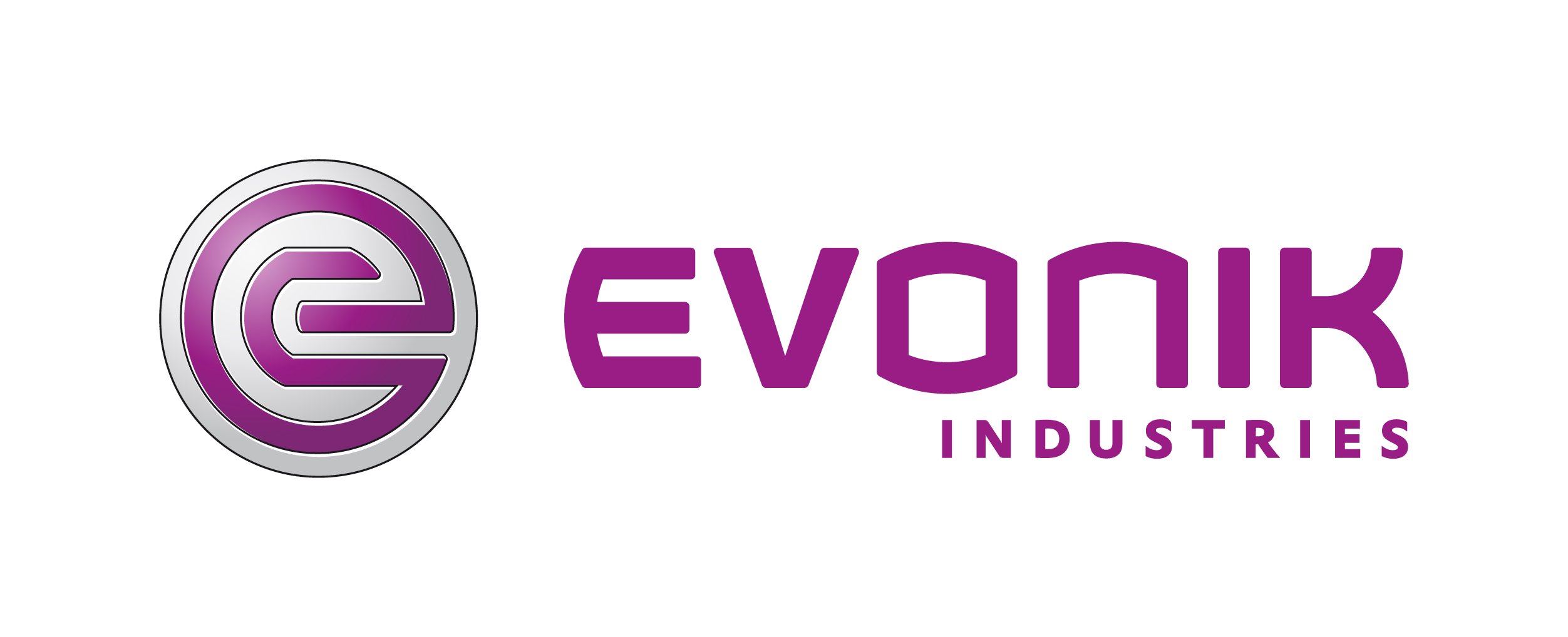Contractor management has evolved from being a purely administrative task to a strategic function that impacts organizational success. This article explores how companies can optimize their contractor management systems to drive efficiency, compliance, and long-term business value.
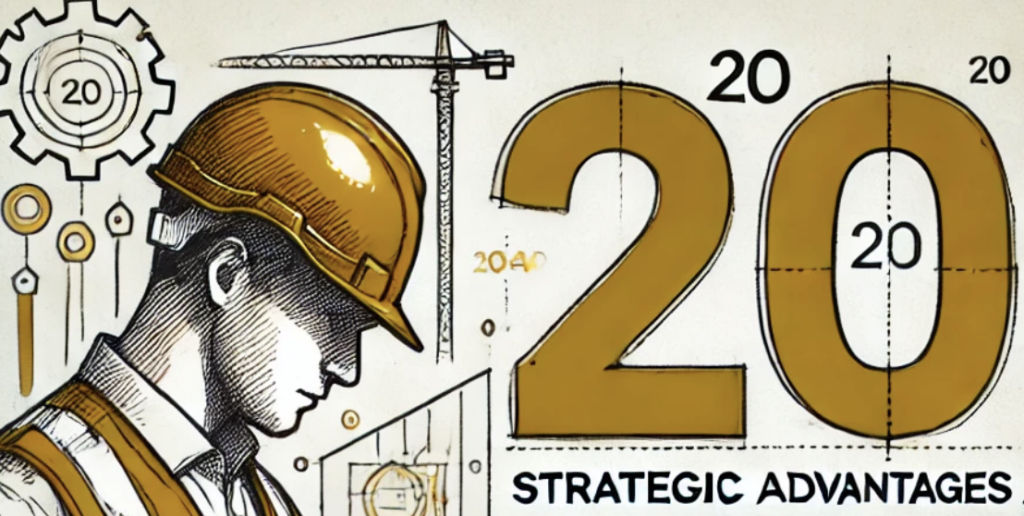
Centralized data improves decision-making
1
Improved visibility and transparency
Centralization allows for better visibility across departments, promoting collaboration and helping to identify inefficiencies. Organizations can streamline workflows and enhance operational efficiency by having a single source of truth for all data.
2
Enhanced data security
A centralized system simplifies the implementation of robust security measures, such as encryption and access controls, ensuring that sensitive information is better protected against breaches.
3
Data integrity and consistency
Centralized data management ensures that data remains accurate and consistent throughout its lifecycle. This reduces discrepancies and enhances the reliability of information used for decision-making.
4
Operational efficiency
By eliminating data silos, centralized data management saves time and resources, allowing teams to focus on strategic initiatives rather than managing fragmented data systems.
5
Cost and time savings
Centralization leads to more efficient processes, reducing the resources required for data management and resulting in significant financial savings.
6
Support for strategic initiatives
With comprehensive insights from centralized data, organizations can align their activities with long-term goals, allocate resources effectively, and monitor performance in real-time.
Standardization reduces risk
7
Enhanced safety
By implementing standardized onboarding and training procedures, companies can significantly reduce safety incidents. Research suggests that such standardization can lead to a 30% decrease in safety-related issues, creating a safer work environment for both employees and contractors.
8
Improved compliance
Standardized processes ensure that all contractors consistently meet the required safety and compliance standards. This uniformity reduces the risk of legal issues and regulatory violations, protecting the organization from potential fines and reputational damage.
9
Consistency in quality
Standardization leads to more consistent performance across different contractors and projects. This consistency helps maintain a high level of quality in deliverables and reduces the variability in project outcomes.
10
Efficient onboarding
With standardized processes, the onboarding of new contractors becomes more efficient and less time-consuming. This efficiency allows for quicker integration of contractors into projects, reducing downtime and improving overall productivity.
11
Better risk management
Standardized procedures make it easier to identify and mitigate potential risks before they escalate into serious problems. This proactive approach to risk management can prevent costly incidents and project delays.
12
Simplified auditing and reporting
When all contractors follow standardized processes, it becomes much easier to conduct audits and generate reports. This simplification aids in maintaining transparency and demonstrating compliance to stakeholders and regulatory bodies.
Real-time monitoring enhances compliance
13
Timely alerts
Automated alerts for compliance-related tasks help ensure that necessary actions are taken before deadlines are missed, which can lead to improved compliance rates.
14
Data-driven decisions
Access to real-time data enables organizations to make informed decisions and adjustments to their compliance strategies, further enhancing adherence to regulations.
15
Reduction in fines and penalties
By maintaining compliance through proactive monitoring, organizations can avoid costly fines and legal repercussions associated with non-compliance.
Cost efficiency through optimized resource allocation
16
Improved resource allocation
Up to a 15% reduction in project costs, avoiding overstaffing, and minimizing administrative errors.
17
Budget compliance
Efficient use of contractors ensures that projects stay within budget and resources are utilized effectively, reducing project delays and enhancing overall financial performance.
Stronger contractor relationships drive performance
18
Importance of communication
Transparent communication and regular feedback are essential for maintaining strong contractor relationships, ensuring alignment with company goals.
19
Enhanced performance and satisfaction
Contractors who receive consistent updates and feedback tend to perform better, leading to increased satisfaction and loyalty, which ultimately results in higher quality work. Contractor management systems facilitate ongoing communication, supporting these positive outcomes.
Continuous improvement through data analysis
20
Analyzing contractor performance data through KPIs
Such as safety records and project completion times, enable companies to identify trends and areas for improvement. This data-driven approach leads to a 10% increase in project efficiency, emphasizing the value of regular performance evaluations in contractor management.
Optimizing contractor management is not just about compliance; it’s a strategic approach to enhancing efficiency, reducing risks, and building stronger relationships. By centralizing data, standardizing processes, and leveraging real-time monitoring, companies can make informed decisions that lead to cost savings and better project outcomes. Continuous improvement and alignment with corporate responsibility further position contractor management as a critical component of organizational success. Implementing these research-backed practices can transform contractor management into a powerful tool for driving long-term business value. If your company is looking to enhance efficiency and streamline operations through digital contractor management, please contact us today to learn more.
WHY
WE BELIEVE IN TEAMWORK
I believe that the world is a better place when: Everyone gets to do what they love.
- Everyone does what they do best.
- We can focus on what we do best.
- We have the opportunity to specialize, which means we need others to do what we’d prefer not to, i.e., partnerships and teamwork are a must.
In short, I believe that the world is better off when we work together. Teamwork for the efficient and sustainable use of resources. Teamwork with our colleagues, suppliers, customers, and distribution channels. Teamwork with specialists, consultants, and contractors…and with the government in a regulatory framework. - Teamwork as individuals within a team.
- Teamwork as a team within an organization.
- Teamwork as a business in society.
- I believe that partnerships and teamwork are possible through personal development. Teamwork happens when we:
- are prepared for our mission
- know what’s expected of us
- have the autonomy to make (the right) decisions
- are confident that what we delegate will be done well
- trust that others are also prepared, have invested in personal development, and know what’s expected of them
WHAT
WE BELIEVE IN QUALITY AND HONESTY
We believe that work and teamwork only happen with these values as our lodestar:
We believe that work and teamwork only happen with these values as our lodestar:
- Equality
- Low-ego
- Independence
- Respect
- Appreciation
We believe that products and services will excel because of our:
- Focus
- Care
- Professionalism
We support and stand for:
- Individuality
- Originality
- Flexibility
- Fun
We believe in making a positive contribution to society and the whole world.
We believe that our focus on data security in accordance with ISO 27001 and the GDPR delivers added value to our customers through, e.g.:
- Privacy by design (for developments or designs)
- Privacy by default (using default settings)
- Partnering with the supervisory authority where needed
- Doing our jobs as processors and controllers well
HOW
WE BELIEVE IN TECHNOLOGY AND EFFICIENCY
We help companies:
- Train their employees
- Make training processes more efficient
- Gain insight into their employees’ development
And that’s why we develop e-learning courses and provide the Onyx learning environment.
We help clients:
- Train and qualify their contractors
- Gain insight into their contractors’ competencies
- Be prepared when contractors arrive for work Manage their teams
We help contractors:
- Efficiently get ready for work
- Simplify their administration
We help manufacturers:
- Train their distribution channel
- Inform their customers
That’s why we’ve developed Onyx One and are creating an online community of the most efficient companies.
